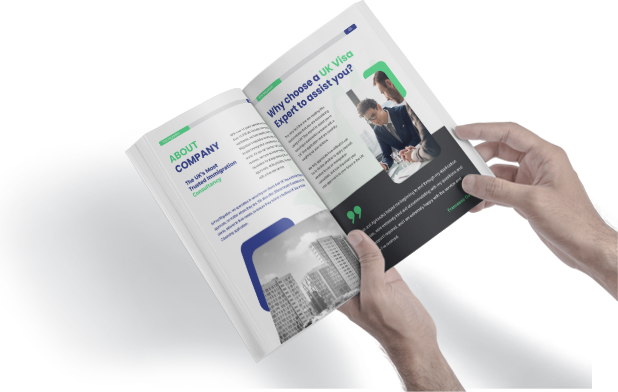The financial requirement is undoubtedly the most challenging criteria to satisfy for a Spouse Visa. Recent changes that took effect on 11 April 2024 have significantly increased the amount of earnings or savings that you need to show to be eligible. Whereas previously, you needed to show an income of £18,600, you now need to show a minimum income of £29,000. The exact requirements are detailed in Appendix FM – Financial Requirements, and we suggest you review this information thoroughly. There could also be further bad news with the suggestion that the minimum income requirement will increase to £38,700 in early 2025. We await clarification from the Labour government on this point, as this was a policy from the previous Conservative government.
The financial requirement requires you to demonstrate your ability to financially support your foreign spouse without relying on public funds. This is primarily done by proving you have an income of a sufficient level or a significant amount of savings or assets.
All of the routes to satisfy the financial requirements are detailed below:
- Income threshold: The UK partner must have a gross annual income of at least £29,000 or more from salaried, self-employed income, or non-employment income such as property income or pensions. This income must be declared to the tax authorities and supported by official documents.
- Savings: If the UK partner cannot meet the income threshold, they may be able to use cash savings to meet the financial requirement instead. The savings must amount to at least £88,500 or more and have been held in the UK for at least six months.
- Combination of income and savings: If the UK partner is marginally below the income threshold but has some savings, they can combine their income and savings to meet the financial requirement.
- Sponsorship from a third party: If the applicant or their partner does not meet either income or savings requirements, they may obtain sponsorship from a third party, such as a family member or friend.
- Exemption from Appendix FM Requirements: In some limited instances, applicants may be exempt from the requirements, such as where ‘insurmountable obstacles’ to family life continuing outside the UK exist.
Each of these requirements will vary based on your circumstances. The requirements can be impacted by your nationality, your country of residence, and whether any dependents are to be included in your application. There could also be additional requirements and complexities depending on the information you disclose in the application.
The Financial Requirement is a highly complex part of immigration and family law, and we suggest contacting our team to discuss your circumstances. Recent changes to the requirements have also added a further layer of complexity.
Exemptions from the Financial Requirement
You are exempt from meeting the minimum income requirement if the UK partner in the marriage receives a type of disability or carers allowance. The following benefits are exempt from needing to satisfy the Financial Requirement:
- Disability Living Allowance
- Severe Disablement Allowance
- Industrial Injuries Disablement Benefit
- Attendance Allowance
- Carer’s Allowance
- Personal Independence Payment
- Armed Forces Independence Payment or Guaranteed Income Payment under the Armed Forces Compensation Scheme
- Constant Attendance Allowance, Mobility Supplement or War Disablement Pension under the War Pensions Scheme
- Police Injury Pension
- Child Disability Payment
- Adult Disability Payment
While those receiving these benefits are exempt from needing to meet the specific minimum income requirements, you must still show you can house and support your spouse without recourse to further public funds.
Future Changes to the Financial Requirement
As discussed earlier, the increase in the minimum income requirement to £29,000 was just the first of three proposed rises. The first change took effect on 11th April 2024. As of yet, no specific dates have been provided for the second and third rise. However, the media has been briefed that the minimum income will increase to £34,500 in late 2024 and then to £38,700 in early 2025.

















